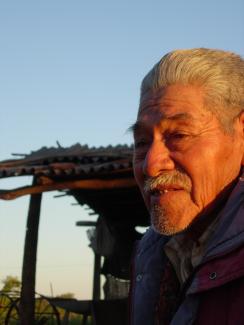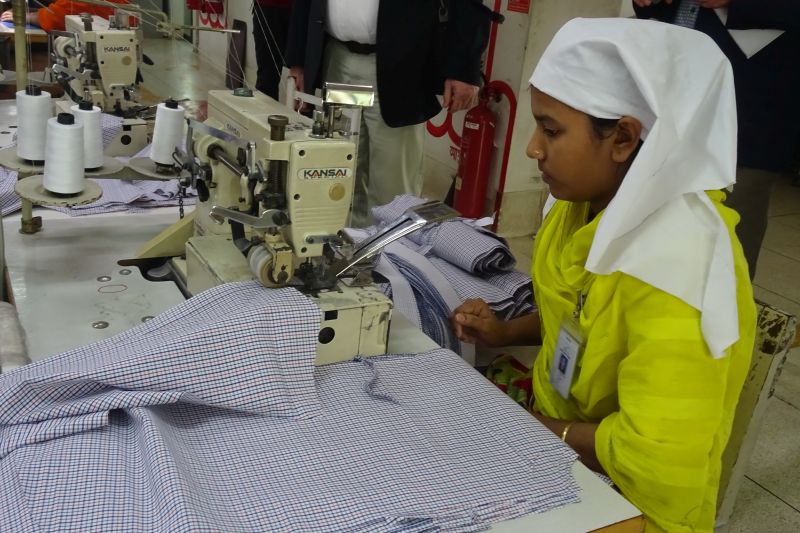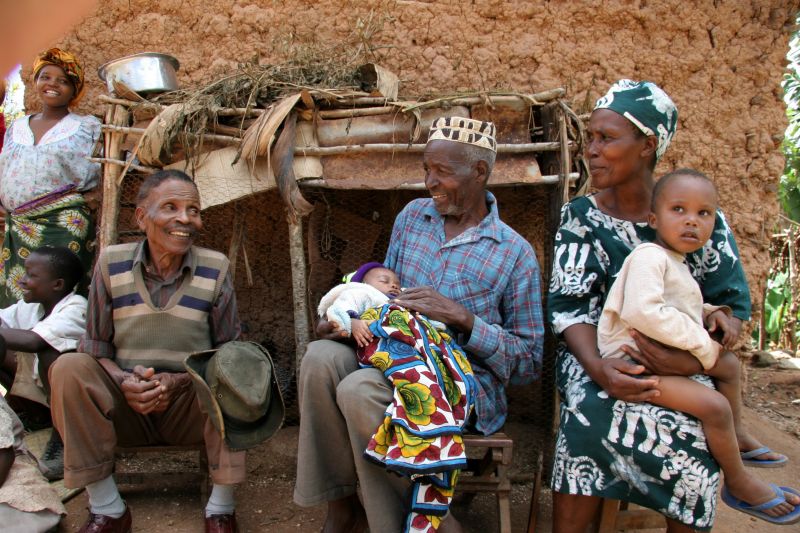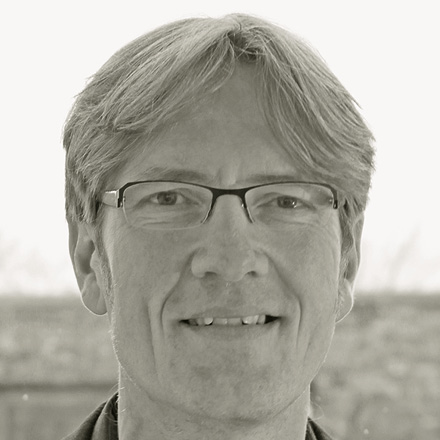World Bank
Social inclusion

The High-Level Panel of Eminent Persons, responsible for proposing a post-2015 development agenda to the UN Secretary-General (see D+C/E+Z 2013/07, p. 278), focused its report on excluded people and groups. The core message was “leave no one behind”. According to the report, no person should be denied human rights and economic opportunities on the basis of ethnicity, gender, geography, disability, race or status. The World Bank explicitly endorses the High-Level Panel’s call for inclusion in a recent study. The title is “Inclusion matters”. This is the multilateral institution’s first comprehensive investigation of social inclusion.
The authors offer a precise definition of the term “inclusion”, examine the causes of exclusion and consider possible solutions. They acknowledge they cannot supply definitive answers; nevertheless, they hope to provide “a framework for policymakers, academics, activists and development partners”.
The study defines social inclusion as the process of improving the ability, opportunity and dignity of people who are disadvantaged on the basis of their identity to take part in society. Increased participation, the study states, should not require excluded people to give up their identities.
By focusing on social inclusion, the authors attempt to discover the underlying reasons for poverty. They want to know why certain groups are overrepresented among the poor and why some people have no access to education, health care and other social services.
Individuals or groups are included or excluded based on their identity, the authors claim. The key factors are gender, race, caste, ethnicity, religion or disability. The study cites examples such as the caste system in India and Nepal as well as wage disparity between men and women. People of African descent are still excluded in many societies, the World Bank points out.
The report identifies a variety of ways to promote inclusion. In general, the authors argue that access to markets, services and spaces must be improved. In their view, there are four main markets that people engage in on a daily basis. They concern land, housing, labour and credit. The World Bank elaborates how control of land has been used to exclude people for centuries. One example they mention is the appropriation of indigenous lands by colonial rulers.
In addition, the document states that inclusion will only happen if all people are guaranteed access to public services like health care and education. In many countries, there are still disadvantaged groups that only have limited access to services, the study criticises.
The authors write that access to “spaces” is important because physical spaces have a social, political and cultural character that solidifies systems and processes of exclusion. They argue that the clearest example of exclusion is when certain locations are reserved for dominant groups, like “whites-only” clubs and restaurants during apartheid in South Africa or in the United States until well into the 20th century.
The main messages of the study are:
- Excluded groups exist in all countries.
- Excluded groups are consistently denied opportunities.
- Global transitions are leading to social transformations that create new opportunities for inclusion as well as exacerbating existing forms of exclusion.
- People take part in society through markets, services and spaces.
- Social and economic transformations change what people consider normal.
- Exclusion is not immutable.
- Moving ahead will require a broader and deeper knowledge of exclusion and its impacts.
Sabine Balk













